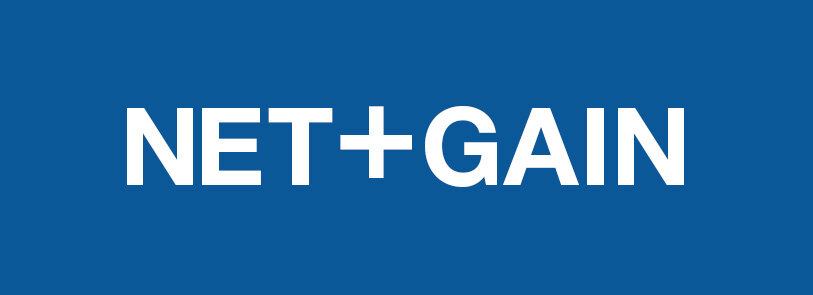Akin Collective: pandemic and prosperity
Akin has accomplished Artscape’s original objectives but without public funding, expanding its studio spaces and artist programming through the post-pandemic disruption. Its success is due in part to the reciprocal benefits the commercial and non-profit “Akins,” provide one another after NetGain’s help in clarifying governance and operational structures, systems, and policies.
it is simply amazing. If you don’t know, they have accomplished what Artscape originally set out to do, but have done it without public funding or other forms of institutional support.
NetGain became acquainted with them through MOCA, where Doug Simpson was providing executive oversight after the departure of the senior administrator. There he met Michael Vickers, who in his spare time was leading the non-profit arm of Akin, providing programming for its hundreds of studio artists, working in locations across the city.
Before MOCA’s opening in 2018, NetGain brokered a sublease agreement to create 3,400 square feet of studio space for Akin artists on the floor above MOCA’s main exhibition space. The reciprocal benefits were obvious in retrospect, but the public interest in touring the studios of young, working artists.was unexpected and limits had to be placed on the number of tours MOCA was booking.
Akin then secured funding from the Metcalf Foundation to engage NetGain in work to clarify structures, systems, and policies defining the relationship between Akin Collective (a commercial lease brokerage company founded by Oliver Pauk), and Akin Projects (a non-profit programming organization created to enrich the learning and career prospects of Akin Collective’s members). The partnered organizations had evolved in ways that seemed to solve practical problems but that complicated their relationship in some unhealthy ways.
NetGain analyzed governance and operations, offering insights into the pitfalls and unexploited potential of this arrangement, and then worked with the Akin Projects’ Board and with Oliver Pauk to improve the legal and financial separation of the two corporations, and their connection through exclusive reciprocal service agreements.
As difficult as this process was, it led to the resolution of some long-standing issues and eventually to the departure of Michael Vickers in 2021 to the City of Brampton, where he has worked in arts, culture, and city building to create more of the Akin magic for that community. Of course, all of this was happening against the backdrop of the same pandemic closures that purportedly killed Artscape.
But Akin didn’t just survive, it is now thriving. The post-pandemic disruption of commercial real estate development and leasing freed up more properties for Akin than ever before, and it is now twice as big as before, with roughly 400 studio renters in eight locations and roughly 300 more on the waiting list. Where once Akin had to chase developers for short-term lease opportunities, they’re now calling with offers, and Akin studios are popping up in unexpected places, (like a bank tower at the corner of Yonge and St. Clair, for example).
An even more important discovery is the absurdly anachronistic regulations that work to prevent the formation of a corporation from doing all that Akin does. Akin has tried to break with the tradition of declaring a company to be either commercial or charitable at the point of conception or incorporation. However this is inescapable, and the vague conceit of declaring itself a “social enterprise,” would solve nothing, since this has no standing in finance or law. So the two “Akins” are linked by the services they provide to one another, the commercial sublease brokerage creating space for artists, and the non-profit programmer activating those spaces and enriching the value of that space for renters.
These themes, of misallocated, underutilized, or overvalued commercial and civic space, and of anachronistic rules about commercial and charitable status, have emerged as the focus of NetGain’s work for other clients, like HopeTowns Community Ventures or Outside the March Theatre Company. HopeTowns also needed a “widget” of reciprocal service agreements linking a charitable programming organization to a commercial real estate investment group to make space for an ecological and economic turnaround of a town’s fortunes. Likewise, Outside the March Theatre Company recognized both the need and opportunity for strategies to enable indie performing arts companies to exploit the post-pandemic disruption of commercial real estate leasing and development to make space for more productions, in more places, for more people.
And NetGain, as always, keeps learning and sharing.



